March 2023 Edition
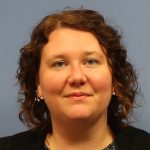
Jessica Daniels, Project & Systems Management Lead, STPO
Daniels believes in honing skills to focus on boldness, confidence, exploration
Jessica A. Daniels, a project and systems management lead in the Science and Technology Partnerships and Outreach (S&TPO) directorate at Argonne, is a people organizer and project manager for systems that support the framework of external partnerships at Argonne.
She aims to help motivate and deliver change in big and small ways.
“I have one foot in the clouds with strategy, goal-setting and big-idea chasing; while my other foot is on the ground in the real ‘how do we make that happen’ planning and activities,” she said.
Those clouds can pave the road ahead.
“I think I’m at this place in this moment because when I’m up in those ‘clouds’ I see gaps and opportunities, or what the organization needs; and I am good at bringing it down to earth and communicating how I can and will support the change to get to that new state as an organization,” Daniels said.
Originally from the small town of Louisville, Ohio, Daniels now lives in Chicago with her spouse and their toddler. She earned a bachelor’s degree in organizational communications from Ohio University and a master’s degree in nonprofit administration from North Park University in Chicago.
“The best professional advice I received is ‘Plan your work and work your plan,’ which was something a college mentor would say to me. It echoes in my mind still.”
She joined Argonne in 2018 as a project lead in process improvement. Her motivation to succeed is simple, she said.
“In short, future me,” she said. “My definition of success includes whether people are willing to collaborate on a project again. My motivation is my reputation inside and outside of my organization.”
Besides cultivating a good reputation, she said that balance in your personal life and career is not the same as “equal.” But it is based on whether you feel like the areas of your life are in harmony with the way you want it to be.
“How I find and maintain a balance has changed over time with shifts in my role and responsibilities both in my career and outside of it,” Daniels said. “My relationship with my supervisor and my understanding of how that person expects me to communicate about my workload and management tend to be the biggest factors in how I manage and maintain boundaries.”
Daniels advises women to be aware of barriers in their career and what to do to overcome them.
“I think a common barrier for women in any career is having your work under-valued in both tangible and in-tangible ways. I work to overcome that barrier by taking a ‘just the facts’ approach for self-reflection and to be bold,” she said.
Those steps include tracking her work and accomplishments and the impact they made for her team and the organization, and using salary benchmarking tools that go outside of the industry in which she is working. Of course, there are some organizations where those facts don’t reduce or remove the barrier. The hardest barrier to overcome can be that personal decision to value your own work and having confidence and support to take a risk and make a move, she said.
She believes early career women in STEM, who are interested in leadership roles, should attend conferences and build a network of people and resources.
“Get out there and meet people. Introduce yourself and don’t play it cool. Admit and own that you want the future you see someone else living, whether or not you have anything in common,” she said.
She also recommends treating any opportunity to learn about leadership roles like any other possible area of study.
“Ask the same kind of exploratory questions about those leadership responsibilities and discussions that you would ask about an area of research, planning or design you are pursuing,” she said.
Most of all, she wants to inspire young women interested in STEM to be bold whenever possible.
“I have so many things to say to young women interested in STEM!” Daniels said. “Here are a few: Everything is STEM and whether your educators made you feel like you were good at it or not doesn’t have much to do with what you can do. Whatever opportunity you have, explore something interesting, be as brave as you can (or fake it!) and take it. Give yourself permission to change your mind.”
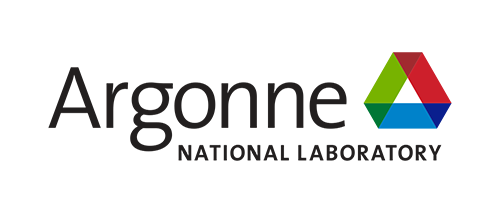
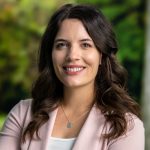
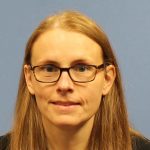
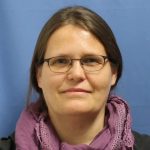
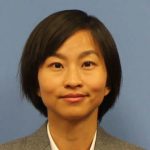 Qiang Dai, Sustainability Analyst, AMD
Qiang Dai, Sustainability Analyst, AMD
